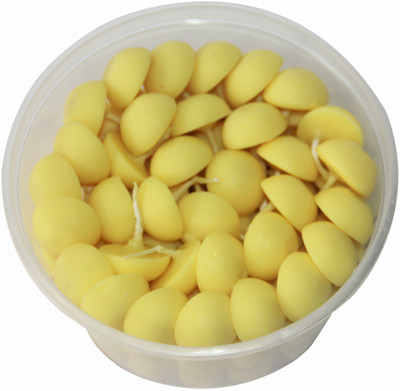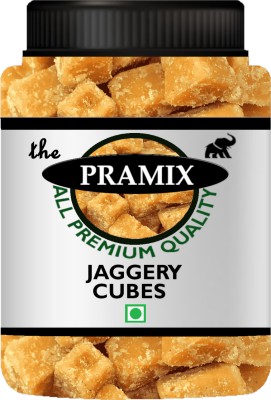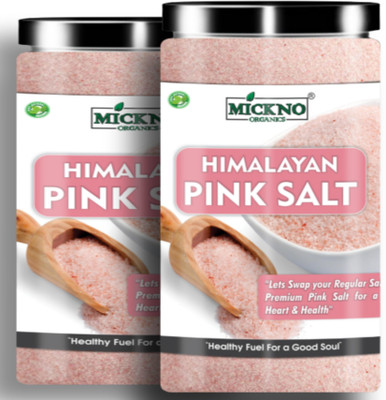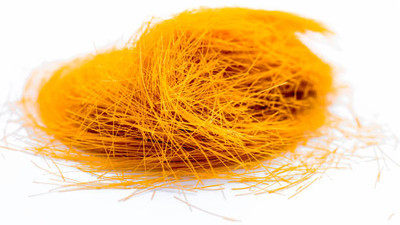
REDIDAS Original cow dung Cake Gobar ka upla/Kanda for havan and puja (900 g)
Share
REDIDAS Original cow dung Cake Gobar ka upla/Kanda for havan and puja (900 g)
3.7
48 Ratings & 2 ReviewsSpecial price
₹193
₹500
61% off
Available offers
T&C
T&C
T&C
T&C
Delivery
Check
Enter pincode
Delivery by14 Jul, Monday
?
View Details
Sales Package
- Pack of 30p. Organic cow dung cakePack of 30p. Organic cow dung cake
Please select a Sales Package to proceed
Highlights
- Natural cow dung
Services
- Cash on Delivery available?
Seller
Description
Cow dung cakes, known as "gobar ki cake" in Hindi, have long been integral to Hindu puja ceremonies. These cakes, formed by drying fresh cow dung, hold spiritual significance and are used as fuel for sacred fires during rituals.
In Hinduism, the cow is revered as a sacred animal, symbolizing purity, fertility, and abundance. As a result, cow dung is considered pure and auspicious. During puja ceremonies, cow dung cakes are burned to create a sacred fire, known as "havan," which is central to the ritualistic worship of deities.
The smoke arising from burning cow dung is believed to purify the environment, dispel negative energies, and invite positive vibrations. The fragrance of the smoke is considered pleasing to the deities and is said to attract their blessings.
Using cow dung cakes in puja ceremonies not only upholds cultural traditions but also honors the sacredness of the cow and its contributions to human life. It symbolizes a deep reverence for nature and the interconnectedness of all living beings in Hindu philosophy. Thus, cow dung cakes play a vital role in creating a sanctified atmosphere and fostering spiritual connection during puja rituals.
Read More
Specifications
In The Box
|
General
| Brand |
|
| Model Number |
|
| Havan Kund |
|
| Ghee |
|
| Navagraha Sticks |
|
| Camphor |
|
| Black Til |
|
| Dhoop |
|
| Dried Rose Petals |
|
| Sandalwood Powder |
|
| Incense Sticks |
|
| Chandan |
|
| Turmeric |
|
| Net Quantity |
|
Be the first to ask about this product
Safe and Secure Payments.Easy returns.100% Authentic products.
Back to top







